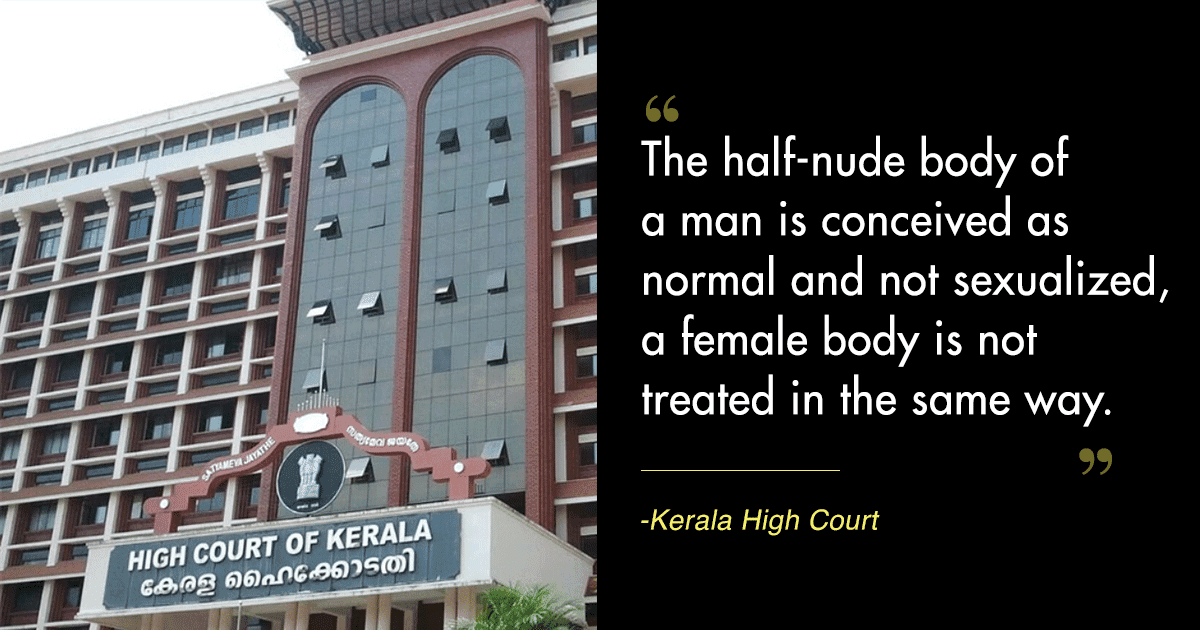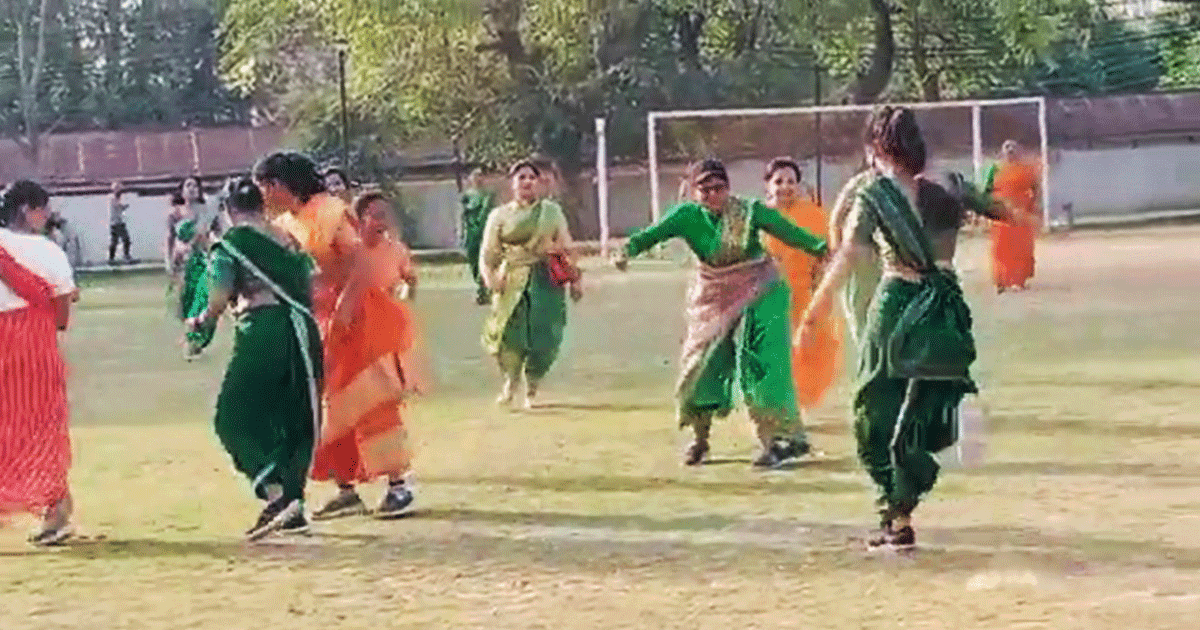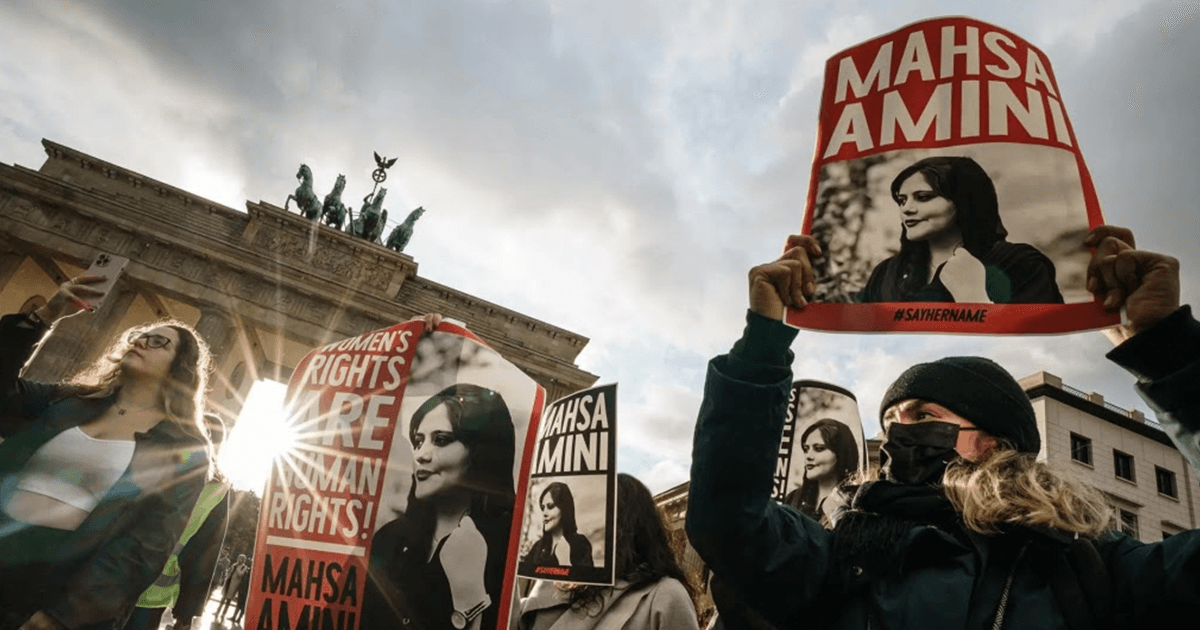Savitribai Jyotirao Phule is best remembered as a social reformer and poet. She played an important role in fighting for women’s rights in India during British rule and is often described as “one of the first-generation modern Indian feminists”.
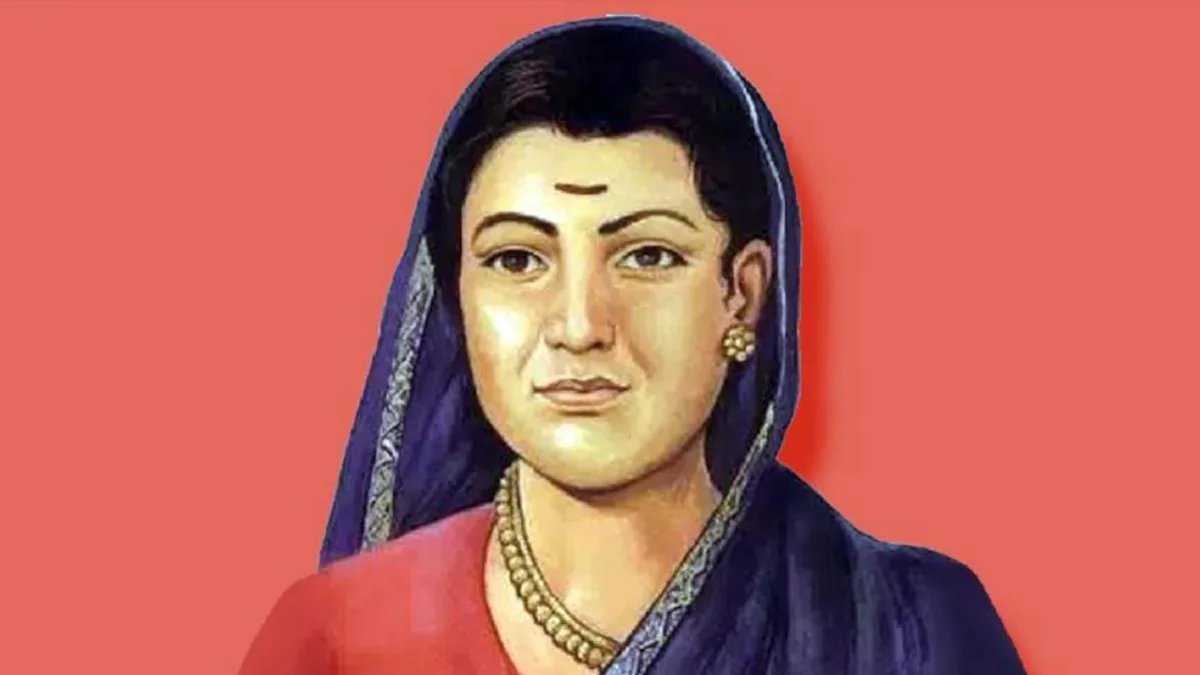
Born on 3rd January 1831 into a family of farmers in Naigaon, Maharashtra, Savitribai was married to a 12-year-old Jyotirao Phule when she was just 9. Her parents belonged to the Mali community, which was considered socially backward.
Savitribai was illiterate when she got married to Jyotirao Phule. The marriage changed things for her. Jyotirao, who was forced to quit school because of his caste, believed that education had the power to eliminate social inequalities in India. He somehow managed to study till class VII.
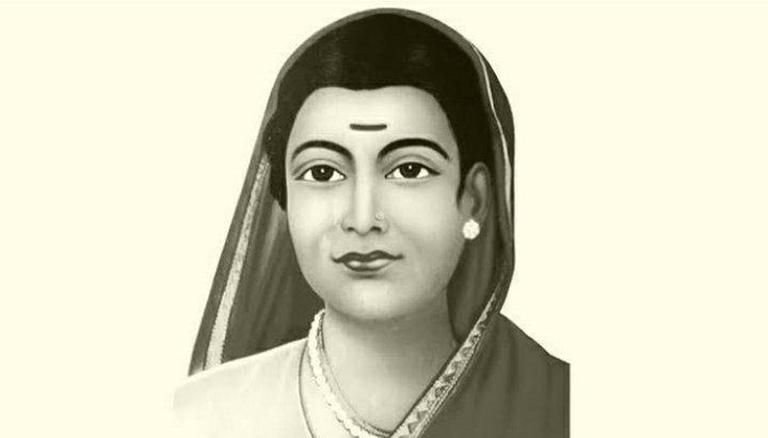
Despite opposition from the family, he decided to teach his wife (Savitribai) to read and write. Later, Savitribai took admission into a teachers’ training Institute in Pune. On completion of training, she started teaching girls at Maharwada in Pune.
In 1848, when there was no concept of public education in India, there were only a few missionary schools and Brahmins were the only caste group that received education, Jyotiba (21) and Savitri (17), opened a school for women.
The school at Bhide Wada, the home of Tatya Saheb Bhide, was the country’s first school for women started and run by Indians.
Remembering #SavitribaiPhule on her birth anniversary. The first Female teacher of Modern India. The woman on whom cow dung and garbage was thrown, still she continued to teach little girls. The first school for girls, which was opened by Mahatma Phule & Savitribai Phule…. pic.twitter.com/ArdfyjArms
— The Dalit Voice (@ambedkariteIND) January 3, 2022
Initially, the school started by Savitribai Phule just had nine girls, but the number gradually increased to 25.
The curriculum taught at Savitribai’s school was different from what was taught by Brahmin teachers. It included Mathematics, Science and Social Studies instead of Brahmanical texts like Vedas and Shastras. Their teaching methods were so different from other government schools that the Phule couple soon opened three more schools for girls in Pune, with nearly 150 students.
India’s first school was started at Bhide Wada in Pune by Phule couple, Savitribai Phule became not only the first woman teacher but Savitribai was nominated as India’s first lady headmistress in 1st Jan 1848.@TeachersDay3Jan #NationalTeachersDay3Jan pic.twitter.com/YoLSnwTpTL
— Ayushi khobragade (@Aayushikho11) December 29, 2021
It is believed that Savitribai Phule used to carry an extra sari while walking towards her school as people used to hurl stones, eggs, tomatoes and dung at her. She was also subjected to verbal abuses.
But this did not deter her from doing her work. She even slapped a trouble maker once on her way to the school to put an end to all this public hooliganism.
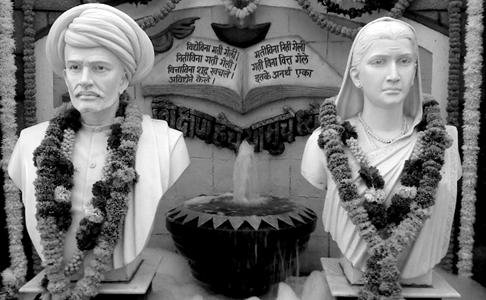
Jyotirao’s father was forced to throw the couple out of his home due to societal pressures. Their activities were considered a sin according to the Brahiminical texts. The couple then sought shelter at one of Jyotirao’s Muslim friends Usman Sheikh’s house.
Together, they opened a total of 18 schools for girls across Maharashtra between 1848 and 1852. The British government also recognised this feat and honoured them for their work. They also started a night school for women and the children so that people from the working-class community could also attend. Savitribai Phule along with her husband Jyotirao has been credited for setting up 52 free hostels for poor students across Maharashtra.
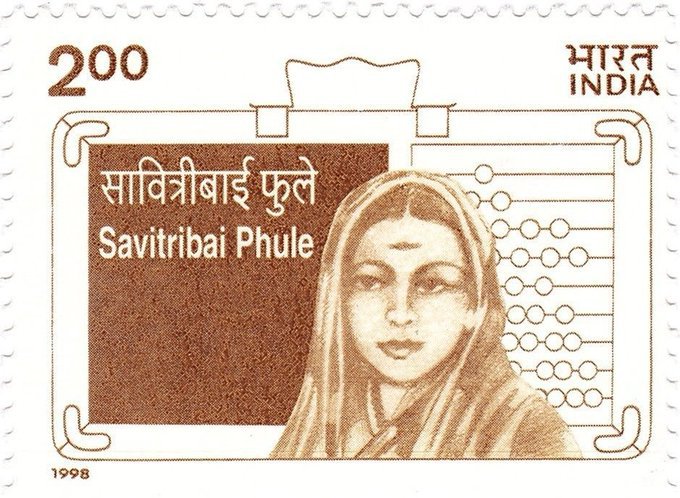
Savitribai was a pioneer of women’s rights in India. Not just education, she firmly stood against the practice of widowed women shaving their heads and leading a life of austerity by organizing a strike against the barbers to persuade them to stop shaving the heads of the widows.
Her work for girl child and widows paved the way for future social reformers. She set up Mahila Seva Mandali to raise awareness among women against child marriage, female foeticide and the sati system. ‘Balyata Pratibandak Gruha’, a childcare centre was started by her for the protection of pregnant widows and rape victims. Savitribai also encouraged the adoption of children borne out of such sexual abuse and opened an ashram for widows and orphans.
Savitribai Phule wrote many poems against discrimination and advised people to get educated. Savitribai Phule was the first Shudra women, in fact, the first Indian woman whose poems got noticed in the British empire. #NationalTeachersDay3Jan @TeachersDay3Jan pic.twitter.com/QaPia4zNoZ
— Ayushi khobragade (@Aayushikho11) January 2, 2022
Also a renowned poet she published two poetic collections, Kavya Phule and Bhavan Kashi Subodh Ratnakar and also edited Jyotirao’s speeches into a volume and published it in 1856.
She brought about a revolution by lighting her husband’s pyre despite all opposition. From here on, all her time was dedicated to the activities of Satya Shodhak Samaj.
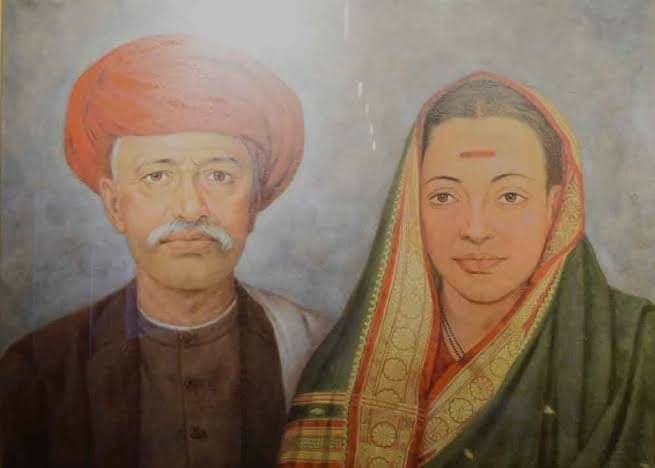
She organised the first Satyashodhak marriage – a marriage without dowry, Brahmin priests or Brahminical rituals.
In 1897, Maharashtra was hit by Bubonic Plague. Savitiribai was one of the first responders. She along with her son, who was a medical professional, set up a clinic for patients. She dedicated all her time and resources at their service and also served free meals daily to nearly 2,000 children of the affected families.
Her words were so Powerful ! Revolutionary Tributes to one of our greatest icons Savitrimai Phule on her birth anniversary.#SavitribaiPhule pic.twitter.com/M4tLnmFrny
— Pratik Just_India (Just is adj) (@LiveEgalitarian) January 3, 2022
She herself got infected after physically carrying an infested child to the hospital. The plague took her away from us. Savitribai breathed her last on 10th March 1897.
The University of Pune was renamed as Savitribai Phule Pune University in 2015 to honour her contribution to society. Her birthday, 3rd January, is celebrated as ‘Balika Din’ in Maharashtra every year.




